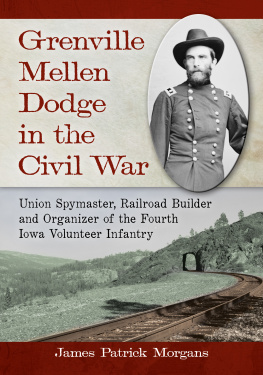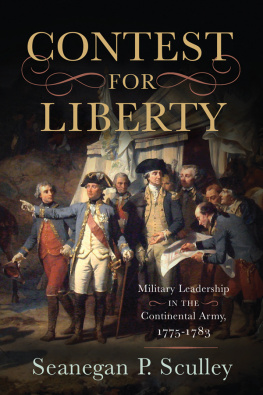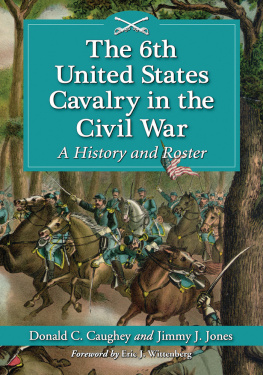Andrew S. Bledsoe - Citizen-Officers: The Union and Confederate Volunteer Junior Officer Corps in the American Civil War
Here you can read online Andrew S. Bledsoe - Citizen-Officers: The Union and Confederate Volunteer Junior Officer Corps in the American Civil War full text of the book (entire story) in english for free. Download pdf and epub, get meaning, cover and reviews about this ebook. year: 2015, publisher: LSU Press, genre: Politics. Description of the work, (preface) as well as reviews are available. Best literature library LitArk.com created for fans of good reading and offers a wide selection of genres:
Romance novel
Science fiction
Adventure
Detective
Science
History
Home and family
Prose
Art
Politics
Computer
Non-fiction
Religion
Business
Children
Humor
Choose a favorite category and find really read worthwhile books. Enjoy immersion in the world of imagination, feel the emotions of the characters or learn something new for yourself, make an fascinating discovery.

- Book:Citizen-Officers: The Union and Confederate Volunteer Junior Officer Corps in the American Civil War
- Author:
- Publisher:LSU Press
- Genre:
- Year:2015
- Rating:3 / 5
- Favourites:Add to favourites
- Your mark:
Citizen-Officers: The Union and Confederate Volunteer Junior Officer Corps in the American Civil War: summary, description and annotation
We offer to read an annotation, description, summary or preface (depends on what the author of the book "Citizen-Officers: The Union and Confederate Volunteer Junior Officer Corps in the American Civil War" wrote himself). If you haven't found the necessary information about the book — write in the comments, we will try to find it.
From the time of the American Revolution, most junior officers in the American military attained their positions through election by the volunteer soldiers in their company, a tradition that reflected commitment to democracy even in times of war. By the outset of the Civil War, citizen-officers had fallen under sharp criticism from career military leaders who decried their lack of discipline and efficiency in battle. Andrew S. Bledsoes Citizen-Officers explores the role of the volunteer officer corps during the Civil War and the unique leadership challenges they faced when military necessity clashed with the antebellum democratic values of volunteer soldiers.
Bledsoes innovative evaluation of the lives and experiences of nearly 2,600 Union and Confederate company-grade junior officers from every theater of operations across four years of war reveals the intense pressures placed on these young leaders. Despite their inexperience and sometimes haphazard training in formal military maneuvers and leadership, citizen-officers frequently faced their first battles already in command of a company. These intense and costly encounters forced the independent, civic-minded volunteer soldiers to recognize the need for military hierarchy and to accept their place within it. Thus concepts of American citizenship, republican traditions in American life, and the brutality of combat shaped, and were in turn shaped by, the attitudes and actions of citizen-officers.
Through an analysis of wartime writings, post-war reminiscences, company and regimental papers, census records, and demographic data, Citizen-Officers illuminates the centrality of the volunteer officer to the Civil War and to evolving narratives of American identity and military service.
Andrew S. Bledsoe: author's other books
Who wrote Citizen-Officers: The Union and Confederate Volunteer Junior Officer Corps in the American Civil War? Find out the surname, the name of the author of the book and a list of all author's works by series.






 IN THE
IN THE